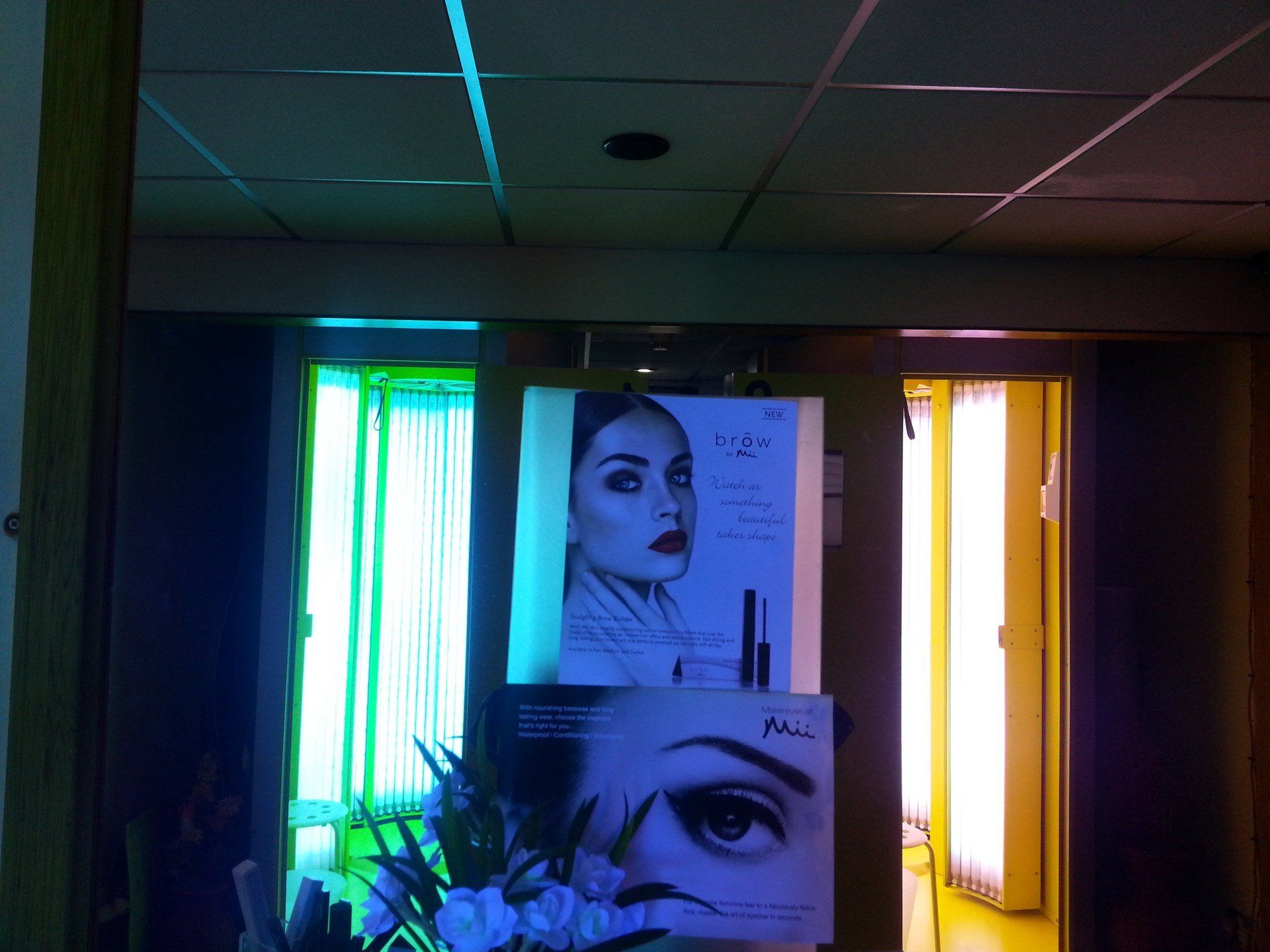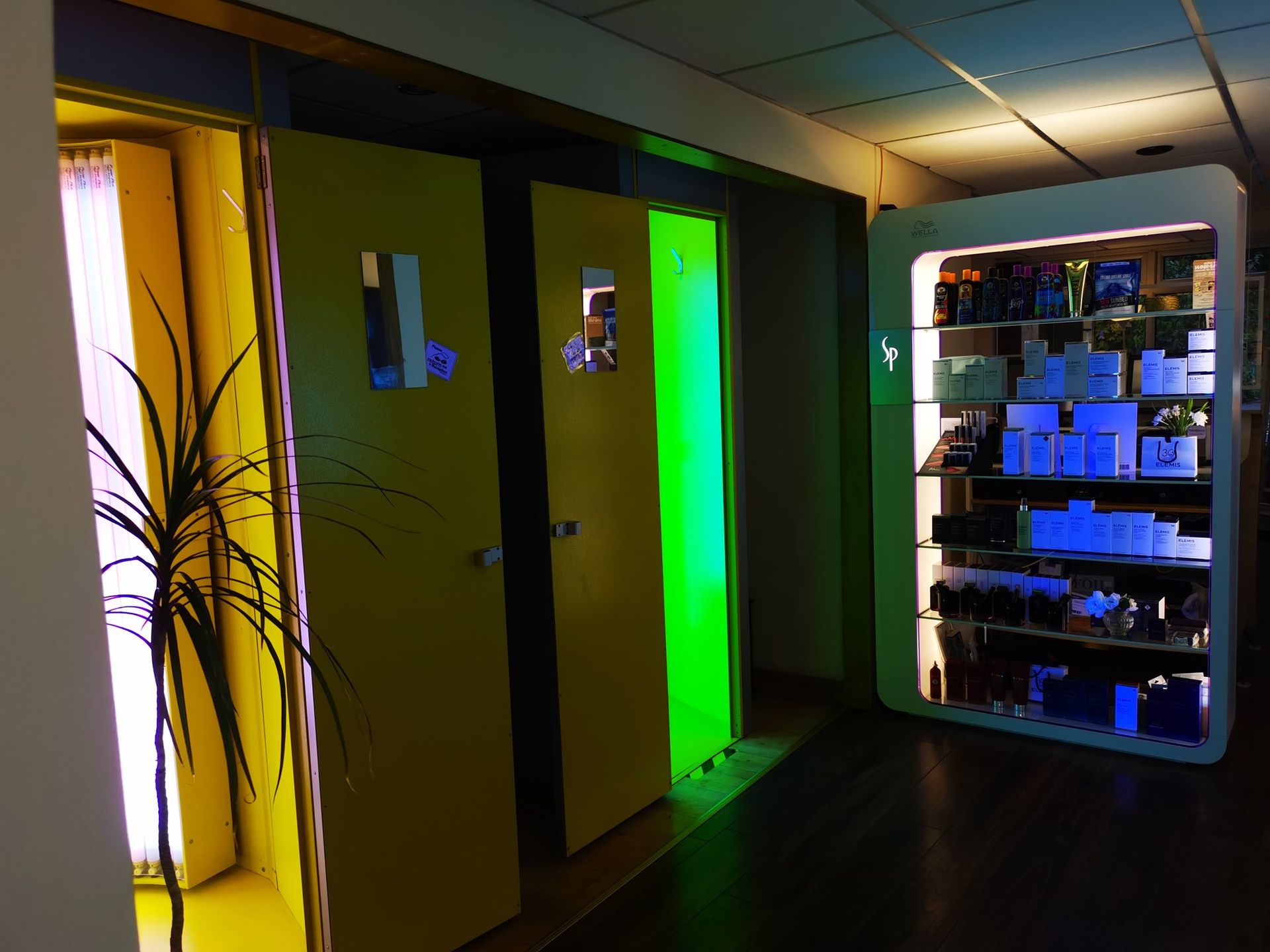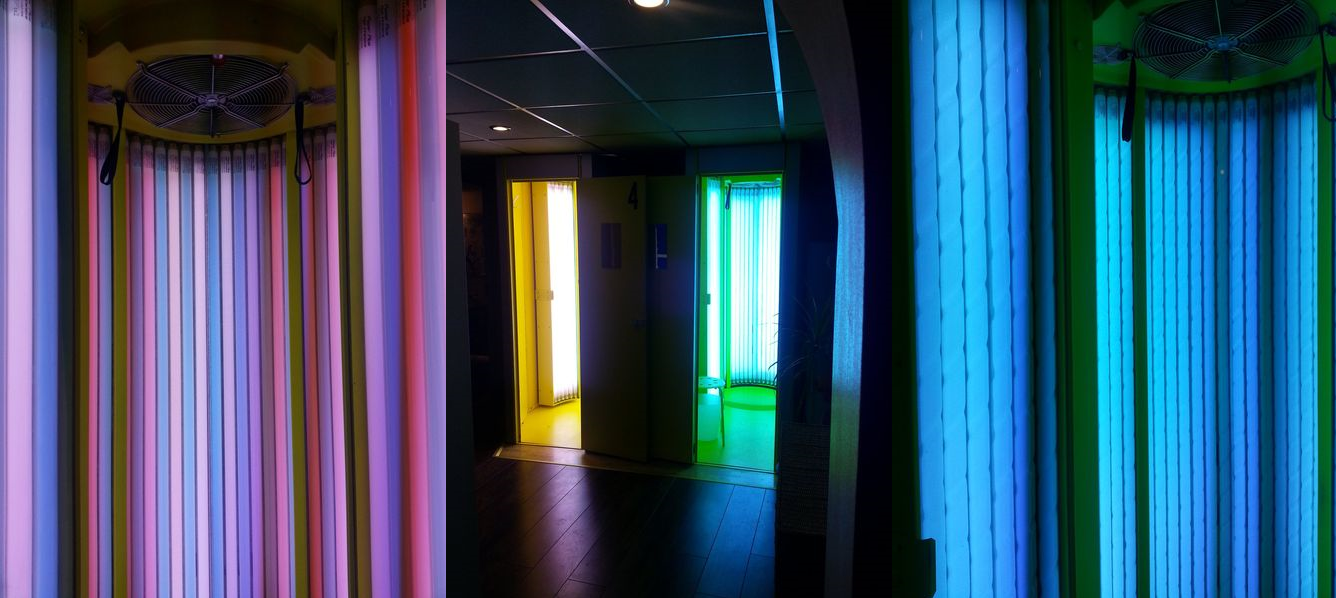




Frequent User Pack = 60 mins + 12 mins FREE

* This is dependant upon being over 18 years of age, seeking guidance to your skin type, not having any personal health condition or any underlying concerns which may prohibit the exposure to UV or extremes of heat - please refer to full terms and conditions of use which you will be asked to sign as read and understood.
We also freely provide suitable Eye Protection (Re-usable Goggles) for use at your own risk which are disinfected between uses.
However, we STRONGLY recommend the purchase of disposable Wink-Ease adhesive covers, the purchase of goggles from us or bring your own that comply to the PPE Regulations 2002 (e.g. CE marked) as an alternative as we cannot guarantee you will not experience an allergic reaction to our cleaning solutions used on re-usable goggles. Please do ask us for further guidance.
A healthy dose of sunshine may be the secret to staying young, a study has found.
Vitamin D, produced naturally by the skin in response to sunlight, may help to slow the ageing process, according to scientists.
Researchers from King's College London studied 2,160 women aged between 18 and 79, looking at their telomeres - a biological marker of ageing found in DNA.
As people get older their telomeres get shorter and they become more susceptible to certain illnesses.
But the study found women with high levels of vitamin D had comparatively longer telomeres - a sign of being biologically younger and healthier.
The study suggests vitamin D may help to slow down the ageing process of DNA, and therefore the ageing process as a whole.
Lead researcher Dr Brent Richards said: "These results are exciting because they demonstrate for the first time that people who have higher levels of vitamin D may age more slowly than people with lower levels of vitamin D, this could help to explain how vitamin D has a protective effect on many ageing related diseases, such as heart disease and cancer." He said further studies are required to confirm the findings.
Professor Tim Spector, head of KCL's twin research unit, and a co-author of the report, added: "Although it might sound absurd, it's possible that the same sunshine which may increase our risk of skin cancer may also have a healthy effect on the ageing process in general."
